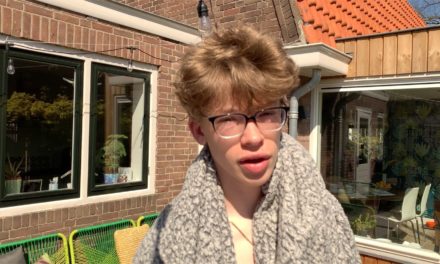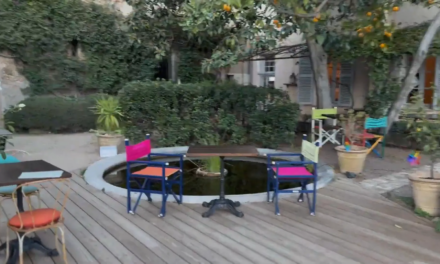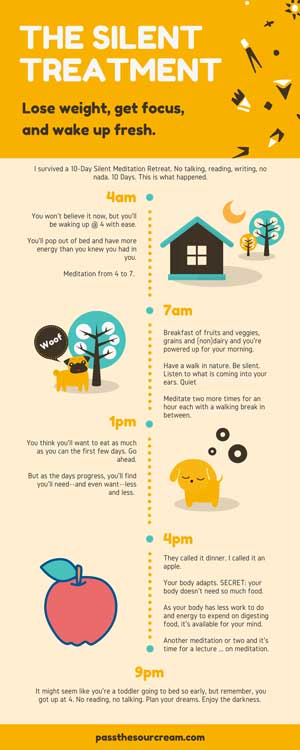
Raising Kids Bilingual is a 24/7/365 Task

- Let Your Child Be Proud of Their Language Skill
- Klokhuis
- De Groeten van Mike
- Forget Foreign Language Camp. Choose Camp in a Foreign Language.
- Raising Kids Bilingual is a 24/7/365 Task
Raising kids bilingual is not only when you want to. It’s when you least want to that matters at least as much–if not more.
The clock says 3:14. That’s AM. There’s a 7-year old standing next to my bed with his face 3 inches from mine. I open my eyes and see his. I think they’re teary. Maybe those are mine. I hear something about nightmares, but I hear nachtmerries. In the most polite–and correct–Dutch, he asks if he can sleep in our bed because he has nightmares.
I’m barely awake. No, I’m not awake. But I have to talk. Not only do I have to talk, I need to be functional and make decisions and be strong but caring at the same time. I need to do this in Dutch. Dutch is not my first language. But it’s the first language of my son. He needs to hear Dutch. Dutch isn’t a daytime language for him, it’s not for fun or for practice or so he can go to college there later. It’s his language. He had a nightmare, it’s the default, it’s the instinct, it’s natural.
I’m proud as can be, but I’m also asleep. I can’t speak English because I’m tired or want to sleep or for him to go away more quickly. But he also needs to learn that he can’t come to our bed (WAY too often) for every nightmare. The trouble is we usually end up having this discussion around 3 AM. I love that he doesn’t “fall back to what’s easier” and speak English. English isn’t easier for him. Dutch is. Our family language is Dutch. It’s what we do, there’s no question. It’s not an option.
He’s still standing there. If I don’t say anything, he’ll slowly (and stealthily and sneakily) slide into our bed. But we’ve been trying to teach him that he can’t do that all the time (all three of us sleep less well).
Het spijt me dat je nachtmerries heb, liefje. Ga maar lekker onder je dekentjes en oogjes dicht en het wordt zo beter.
Slight tears, a quivering lower lip and it’s so tempting to let him slide in next to us. But we’ve been down that path. He turns, walks out and takes it well and we hear pitter patter up the stairs.
“Language training” is also the bad, hard, not-fun-at-all times.
What I usually find toughest is when it’s an argument. A heated one. It’s still Dutch. It has to be. If our house got hit by a meteor, my first word might not be Dutch, but if I saw the kids, that’s what I speak. It has to be that way. It’s the way I want it to be. I like it this way. It’s strict for me, I need to remember to “follow the rules.” But for them, it’s no longer rules or following anyway or pretending or trying hard or even showing off. It’s just normal, it’s the way it is. Even in the middle of the night after a nightmare.

It’s not just on the long train ride reading the fun book. It’s the middle of the night peed in the bed. It’s also a little known fact that all animals of the world speak all languages. [Hindeloopen, Holland]





























Trackbacks/Pingbacks